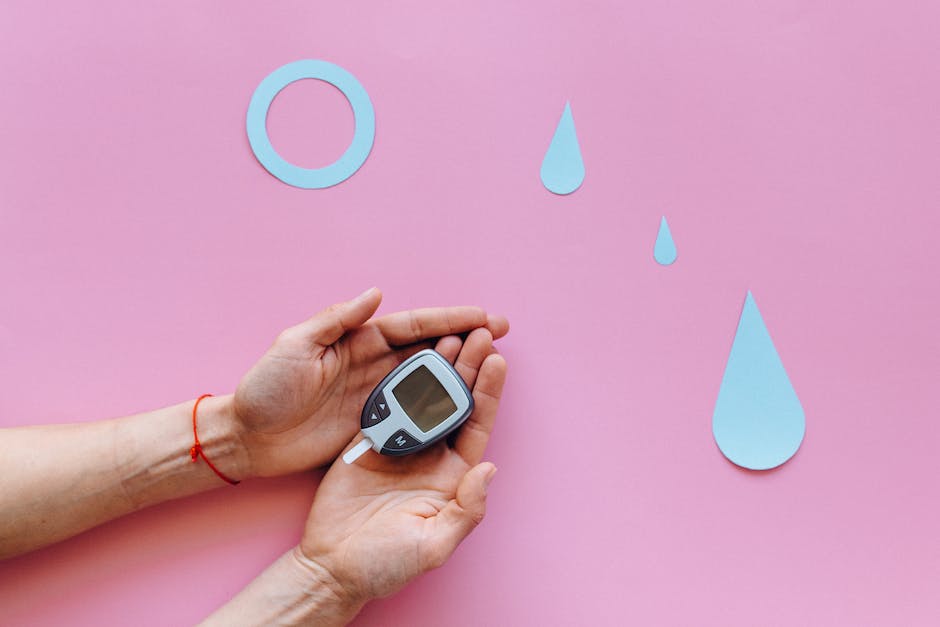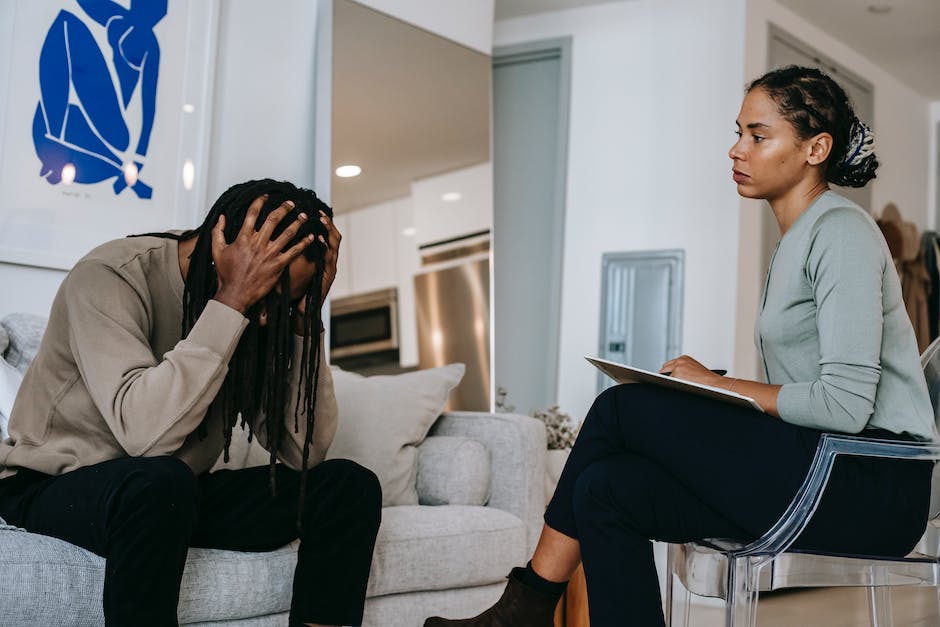Sometimes, people develop eating disorders for no apparent reason. They can be due to stress in their life, mental health conditions like depression or anxiety, or genetics. It is very important to understand that this behavior is not your fault!
People with binge-eating disorder often feel lonely or misunderstood. This can make them believe they are the only one who feels this way, which makes it even more likely they will keep it secret.
Because of this, it may be harder to identify the cause and treat the disease. While there isn’t a clear understanding about what causes binge eating, some things have been shown to help.
Certain medications and therapies can be effective if you want to get rid of your binge eating. Therapy can help you work through emotions related to food, while medication can address other underlying psychological issues.
There are also a number of self-help groups available where you can find support from others like you. There is a free online tool called MyBingeEatingTool that you can use to track your symptoms and learn how to manage your condition.
The best thing you can do as a friend is listen, validate how hard it is to deal with these illnesses, and try to bring up any relevant topics so that she can talk about them.
Provide reassurance

If you have noticed changes in your friend’s behavior, including mood swings, weight loss that seems too rapid, or comments about how she has to starve herself because she is “too fat,” it’s important to be aware of what a eating disorder looks like.
In fact, one study found that 98 percent of people who develop an ED also show at least three other symptoms beyond just dieting and body dissatisfaction. These include anxiety, trouble sleeping, irritability, frequent anger or sadness, acting out or aggressive behaviors, risk taking (such as engaging in unsafe activities) and thoughts about death or suicide.
Symptoms can get worse over time so it’s best to watch for them and try to identify early warning signs. It may help to think of this as a reminder that someone you know could be struggling with an illness and possible recovery.
If you are worried or suspect something isn’t right, talk to her directly. Ask if your friend is trying to lose weight, whether by starving herself or using unhealthy methods such as exercise.
Ask how many meals and snacks she has consumed and if she feels full or hungry. Also ask if she plans to keep doing this for a while.
It’s helpful to remember that most people struggle with food sometimes. We all feel hunger from time to time and we learn how to manage our appetite.
Encourage them

It is very important to be supportive of your friend while they are trying to improve their health. Do not make fun of how much they eat, or ask if you can try some of what they have just had!
Friends who suffer from eating disorders may feel that they need even more food so they keep up with the routine.
Do not worry about getting fat next to them – most people perceive overweight as healthy, which may add to their feeling of isolation.
Instead, focus on encouraging them to move around and do things they like, such as taking a walk or swimming.
Disclaimer: Only offer these tips if you know for certain that your friend has an active diet and exercise regime. Some people develop eating habits when they spend time with others, so it could be difficult to tell whether or not this applies to you and them.
Be a therapist

If you know of someone who is struggling with eating disorders, there’s nothing that can be done to help them unless they feel like they can open up to you, you understand eating disorders, and you are able to offer some sort of support or advice, then do so, even if it’s just for a few minutes every day.
It’s very important for your friend to feel comfortable around you, which means being professional about how you talk to them and offering appropriate support at times.
Try not to make too many assumptions – for example, by thinking that because their appearance may have changed due to their illness that they’re no longer friends, or that things will never get better – this could hurt them more than anything else!
Instead, ask how their days go and try to read between the lines when trying to determine whether their mood has shifted. It’s also okay to call or chat to your friend to see what they’re feeling like today.
By having these conversations in a casual setting, it helps avoid any kind of pressure or awkwardness. This also gives them the chance to tell you whatever they want without fear of judgment.
Get a therapist

While it is very difficult to help someone who has an eating disorder, having a good support system can make a big difference.
A good first step in helping your friend with her diet or weight loss plan is to get therapy. This could be individual counseling with a mental health professional you meet with for one-on-one sessions, group counseling with others like you, or both depending on what feels best to you and your loved ones.
Group counseling may be more effective if you are able to discuss your feelings about the person’s eating disorder while also supporting each other.
You can find local therapists through *MyTherapy* (mytherapy.com), by talking to friends, family members, coworkers, and authorities such as doctors and teachers. Or you can use online resources to search for professionals. Some possible options include TheNationalEatingDisorderAssociation.org,EatNodNow.org, andTheBingeDietCenter.org.
Everyone is different and his/her own personal struggle will influence which therapies work for him/her. But there are many types of treatments that have been shown to be helpful for people with eating disorders, including cognitive behavioral therapy (CBT) and interpersonal psychotherapy (IPT).
Both CBT and IPT focus on changing how individuals think about themselves and their lives.
Let them talk to you about it

Sometimes, people find themselves in difficult situations due to someone else’s actions. These situations may include family relationships, work relationships, or friendship relationships.
In these cases, helping your friend is not as simple as telling them they are wrong. It is harder to tell someone that their behavior is unhealthy and needs help.
Instead of ignoring the situation, there are some things you can do to be a supportive friend. First, make sure your friend knows you care about him or her.
Ask if he or she wants to discuss any problems he or she might have. If you notice warning signs such as changes in personality, mood swings, or weight loss/gain, ask if anyone has hurt him or her.
If you are able to, try talking to your friend about his or her eating disorder. Ask how he or she was diagnosed and get clarifications from him or her.
Don’t worry about looking different or hungry – most people with eating disorders don’t feel like they are enough until they eat more than they want to. Many also fear being around other people because of this.
Understand it

Anorexia is characterized by self-starvation or purging, which can be done through vomiting or laxatives, saliva, exercise, or other means. When you recognize these behaviors in a friend, there’s no way of knowing whether they’re signs of eating disorder behavior or if this is just someone who doesn’t like food.
The difference between the two is significant — with eating disorders, starvation can have lasting negative effects on physical health and mental well-being. Plus, people with eating disorders often feel guilty for not sticking to their “diet”, making them want to eat more than they do naturally.
There are many different theories about what causes someone with an eating disorder to start restricting food, but none that have strong evidence behind them. This makes it difficult to develop effective treatments.
What we know about treating eating disorders comes from studies conducted at clinics across the country. Most focus on giving patients nutrition counseling (also called psychotherapy) along with helping them learn how to ask for help when needed. Some also include teaching relaxation techniques to reduce stress.
Because eating disorders so frequently go hand in hand with depression, some treatment programs add antidepressants to the mix as well. While research has shown that nutritional counseling alone can be helpful, combining it with other strategies seems to make the most sense.
Do not try to change them
Changing your friend’s eating style or helping them to weigh more could make their situation worse, instead of better.
Friends often look up to each other for support when things get tough. When one person experiences a lot of stress, they may be able to help their friends deal with that stress by being there for them and showing them how to manage their problems.
But if a friend has an eating disorder, this can backfire in very uncomfortable ways.
If you are trying to help your friend lose weight, do not tell them to eat less or to starve themselves. This could push them into seeking professional help even further because of the fear of hunger pangs!
Instead, talk about healthier diets and nutrition strategies that they can use to prevent weight gain. Let them know about fitness programs she would enjoy and suggest that she start practicing some basic exercises to improve her health.
Hopefully, they will realize on their own what is making them feel hungry and distracted and find something that helps them relax and focus on feeling full and happy.
Be there for them

Sometimes, eating disorders can hit close to you or even be in your family. When this happens, it is important to show these individuals love and support as they try to recover.
Running out of things to do can sometimes make someone feel desperate, especially if you are friends with them. If you notice signs that their behavior is changing, including mood swings, weight changes, frequent hunger episodes, and/or repeated comments about how much one diet has helped them lose weight, then it is time to speak up.
Do not worry about hurting their feelings by telling them what we all know — eating too little and exercising too often does not work long-term! Some people develop eating disorders at a young age and may need professional help.
If you are able to identify a therapist or counselor who specializes in eating disorder treatment, ask around to see if anyone you know has found success with such professionals. Many health centers offer free counseling services during acute periods of recovery, so keep an eye out.
It is also helpful to recognize potential warning signs. For example, if a friend complains about feeling hungry a lot but never eats, or goes several days without eating and then consumes large amounts, chances are high that something is wrong.
Hopefully you will get some good advice and tips here to help them through this difficult period. The best thing you can do is remain supportive and understanding and wait for them to come out of this healthier than they were before.


